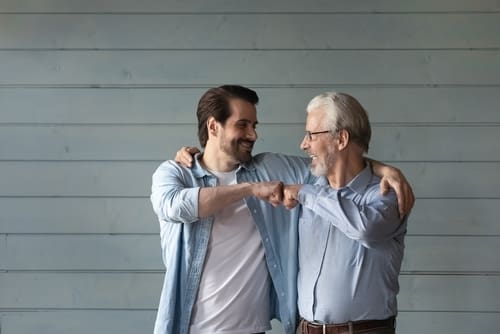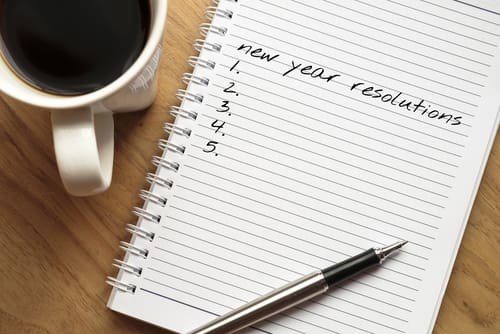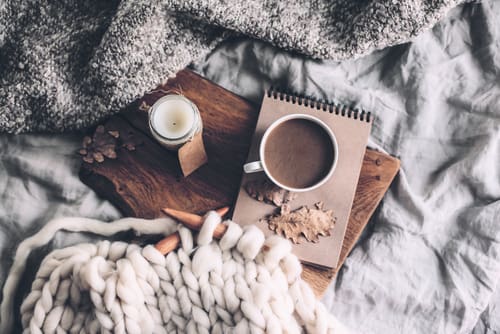
Word games — do you play them? It used to be games like Scrabble and the NYT Crossword Puzzle — but now there are many more options. It seems like the game Wordle has made us all a fan of word games. Well, that one is quick, even if not always easy, and provides quick satisfaction of being competent in knowing your 5-letter words.
I was never big into word games, but I can see how they keep one’s mind sharp, provide an interesting distraction to calm one’s mind, and can be entertaining during an otherwise boring day. People have taken to sharing their results on social media as well. People comment on how hard or easy it was for them as well — without giving away the answer. (This all has to do with Wordle, of course.)
Recently, I have heard some people say they are using word games as a distraction away from their problems to the point that they cannot focus on what they really “should be focusing on” — often something that is a difficult change process. They see the word game as taking them away from the issues they have at hand, rather than helping. Of course, word games offer a calming and interesting distraction and can often be grounding during a time of personal upheaval.
It is not a bad thing to use word games as an object that takes one away from the worries/changes/anxiety and more at hand. I often see it as a part of one’s change process. Distracting one’s self from always holding the worry in mind feels important. It allows unconscious parts of ourselves to step in and be with the issues at hand. Our mind is turned off from the worry and directed elsewhere which allows for more space to open up and work things out.
I notice how hard people are on themselves for taking pleasure — often for long periods of time — in something like word games. Relax. Word games may not only serve as a puzzle for you to solve, but also a place for other parts of yourself to work out your own puzzle you may be in. Distractions can be very helpful in this way.
There are many distractions out there. If you are choosing a word puzzle, chances are your mind is sharp, you seek to feel competent in an everyday puzzle, and (often unknown to self) are trusting that other parts of your self are working out your own personal puzzle.
Even I Wordle — every now and again.









